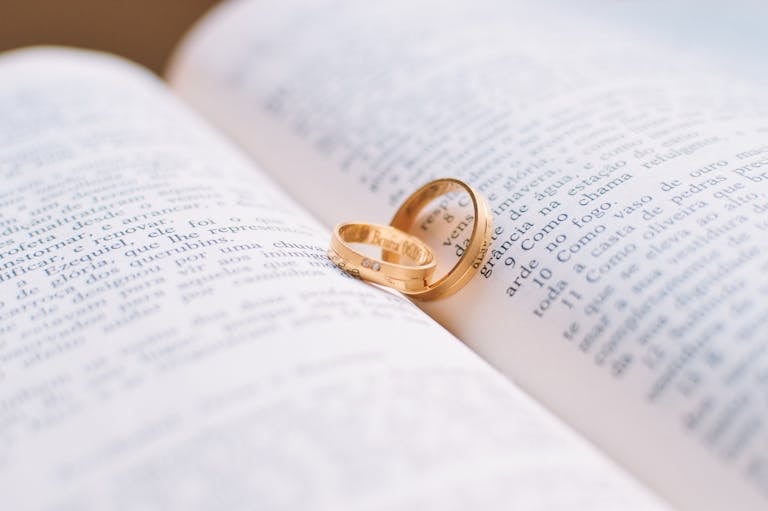How Does Getting Divorced Affect My Pension In Chicago?
Divorce is a life-altering event that brings emotional and financial challenges. In Chicago, one significant financial concern during divorce proceedings is the division of pensions. Understanding how divorce can affect your pension is crucial for safeguarding your financial future.
Pensions as Marital Property in Illinois
In Illinois, pensions are considered marital property to the extent they were earned during the marriage. This means that even if only one spouse’s name is on the retirement plan, the value accrued during the marriage typically belongs to both parties.
Let’s say one spouse began working for a company or public agency before getting married. The pension contributions made before the marriage are generally non-marital, but the contributions made and value accrued during the marriage will likely be subject to division.
Equitable Division, Not Equal Division
Illinois follows the principle of equitable distribution—which doesn’t always mean a 50/50 split. Instead, courts aim to divide assets fairly, considering factors like:
- The length of the marriage
- Each spouse’s contributions to the household (financial or otherwise)
- The financial needs of each party post-divorce
- The presence of other marital assets
This means one spouse may be awarded a larger share of a pension, or it may be offset by other assets like the marital home.
Using a QDRO or QILDRO to Divide Pension Benefits
To divide a pension, a court-approved legal document is required—typically a Qualified Domestic Relations Order (QDRO) for private-sector plans. For public pensions in Illinois, such as those for teachers, police officers, and municipal workers, a Qualified Illinois Domestic Relations Order (QILDRO) is required.
These orders instruct the pension plan administrator on how to divide the benefits. Without one of these documents in place, even if a divorce decree says one spouse is entitled to part of the pension, they won’t be able to collect it.
Valuing a Pension: A Complex Calculation
Determining the present-day value of a future pension can be complicated. Courts often use a method called the coverture fraction to calculate the marital portion—essentially dividing the number of years the pension was earned during the marriage by the total years the pension was earned.
Sometimes, instead of splitting the pension itself, divorcing spouses agree to let one keep the full pension while the other receives more of another asset to “even things out.”
Don’t Forget About Taxes and Survivor Benefits
Dividing a pension isn’t just about percentages. It’s also important to consider tax implications and survivor benefits. Depending on the type of pension and how it’s distributed, taxes can be significant. Additionally, survivor benefits must be addressed in the QDRO or QILDRO to ensure continued payments if the pension holder passes away first.
Why You Need a Divorce Lawyer Who Understands Pensions
Dividing pensions during a divorce isn’t something you want to navigate alone. It requires knowledge of state-specific rules, federal retirement laws, and complex financial calculations. A skilled divorce attorney can help you understand your rights, avoid common pitfalls, and ensure that all necessary documents are properly prepared and filed.
In conclusion, if you’re going through a divorce in Chicago and either you or your spouse has a pension, it’s crucial to understand how it may be divided and how that impacts your financial future. With the right legal guidance, you can make informed decisions and protect your interests during this major life transition.
Need help understanding how your pension might be impacted by divorce? Contact Pinay Law today to schedule a consultation.
Janice






